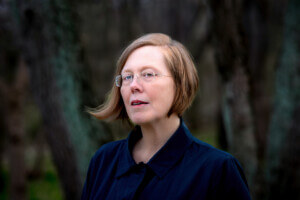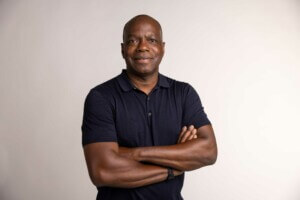On Roosevelt Island, Cornell Tech (in collaboration with the Hudson Companies) is going through the motions of realizing a brand new 2.1-million-square-foot technology campus—one that will come complete with the world’s tallest building made to Passivhaus standards. The building in question is a 270-foot-tall (26-story) residential tower that will house roughly 350 units for students and save 882 tons of CO2 per year relative to standard construction—the same as planting 5,300 new trees.
Construction began in 2015 and the building is due to open this year. New York practices Handel Architects and Steven Winter Associates, along with engineers Buro Happold, worked on the project and made use of numerous “sustainability-focused design elements” to achieve Passivhaus certification. One of these includes a facade that comprises a prefabricated metal panel system. The screen, according to Handel, acts a “thermally insulated blanket.” On the southwest side, which looks onto Manhattan, a louver system has been designed to be the structure’s “gills.” This feature provides an enclosed exterior space where the building’s services (such as heating and cooling equipment) lie with sufficient ventilation. In addition to this, low VOC paint caps gassing and improves the air quality inside.
“High-rise multifamily housing is a vital part of the solution to the challenges we are facing with increasing world populations and a changing climate,” said Blake Middleton, FAIA, of Handel Architects. “The Cornell Tech commitment to innovation was the impetus to rethink how these buildings are designed and built, and we expect this project to be a game-changer, creating a new paradigm for affordable, high-performance buildings to meet this challenge.”
“Constructing the first Passivhaus residential high-rise in the world is the latest and most exciting example of our effort to set new benchmarks in sustainability and innovation,” said Cornell Tech Dean Daniel Huttenlocher. “We hope this will serve as a model for how Passivhaus standards can be brought to scale in the United States and create a new template for green design here in New York City.”
The building will open later this year. Blake Middleton will be speaking at the next Facades+ conference in New York April 6 and 7. There he and Lois Arena of Steven Winter Associates will discuss the Passivhaus building in further detail. Seating is limited. To register, go to facadesplus.com.










